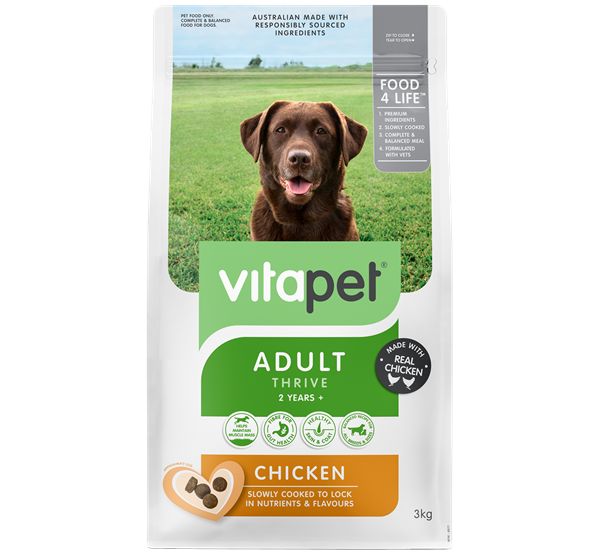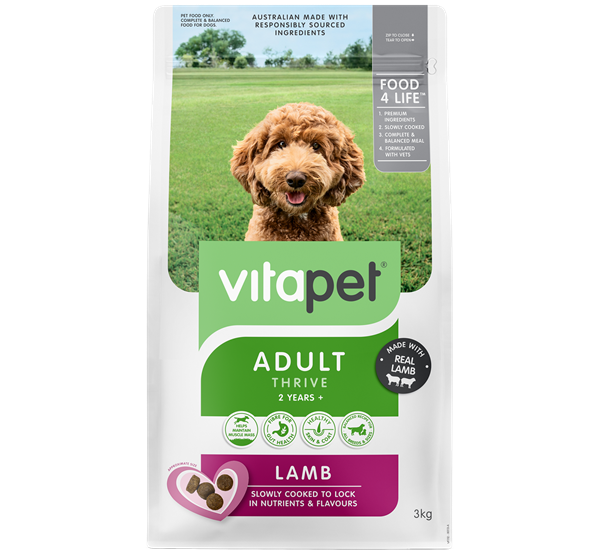Bringing home a playful and adorable puppy is an exciting experience. However, it is crucial for pet owners to recognise that puppies, like humans, can have their fair share of behavioural issues. Identifying and addressing these issues early on can lead to a happier, healthier, and more well-adjusted canine companion.
In this article, we will explore the key behavioural issues that can arise in puppies and discuss effective ways to identify and manage them.
1. Aggression
One of the most common behavioural issues in puppies is aggression. This can manifest as growling, staring, snarling, snapping, or biting. While these behaviours may seem harmless initially, they are likely to be repeated in other situations and eventually manifest into a more serious problem. In nature, because there's a "cost" to being aggressive where the aggressive dog might also get bitten, these behaviours serve to increase the distance between the aggressor and the target. Aggression can manifest in many situations, but is often rooted in fear or the defence of things that have high value to the dog.
Recognising fearful and uncertain body languages, and understanding your puppy’s motivation, fear and reactivity is crucial in managing their aggression or any undesired behaviour.
Furthermore, since fear tends to escalate when confronted with harsh treatments, research indicates that using punishment actually heightens the likelihood of the dog biting again and should be avoided1.
2. Separation Anxiety
While it's natural for puppies to feel uneasy when apart from their human companions or other dogs they're attached to, this unease should be brief and moderate. Over time, as the puppy becomes accustomed to the daily routine, these distress signs should lessen as they learn to predict the return of their companions. Excessive distress and anxiety when left alone can indicate separation anxiety.
Identifying separation anxiety involves observing signs of distress, such as excessive panting, pacing, drooling, vocalising, destroying or rearranging items, or attempts to escape, or other problem behaviours when your puppy is alone or when they cannot get to you because they are physically separated e.g. a door is closed.
Separation anxiety is a behavioural disorder, and requires professional help. Consult a veterinarian to rule out any potential physical illnesses which may contribute to the distress, and your vet can determine whether the diagnosis of separation anxiety is applicable to your puppy by taking a behavioural history. Your vet may also refer you to a veterinary behaviourist for diagnosis and treatment
3. Excessive Barking
Barking is a natural form of communication for dogs, but excessive barking can be problematic for its owners. Puppies may bark for territorial, alarm, attention-seeking, greeting, compulsive, frustration, social, or anxiety reasons. Physical illness may also cause barking. It is important to understand the underlying cause of the barking to address it effectively. Observing the triggers, such as strangers, other animals, or certain noises, can provide insights into the puppy's behaviour.
Engaging your puppy in regular exercise, mental stimulation, and teaching appropriate commands like "quiet" and pair it with something highly desirable and distracting can help reduce excessive barking.
Do not “bark-back” - yelling at your puppy to “shut up” just means you are joining in the barking and will only encourage the behaviour. If the issue persists, consulting with a professional dog behaviourist can offer specialised guidance.
4. House Soiling
House soiling can include eliminating (urinating or defecating) indoors, despite being house-trained, and is a behavioural issue that can frustrate puppy owners.
Most often the underlying reason is that the confinement or alone time was simply too long for your puppy to wait to eliminate.
It could also be a marking activity in response to aggression with other dogs or anxiety relating to activities in the household, or as a territorial behaviour. This is mostly seen in male dogs. Identifying the patterns and triggers for house soiling is vital in finding a solution. Maintaining a consistent schedule for bathroom breaks, providing appropriate bathroom areas, and rewarding desired behaviour can aid in resolving this issue. If medical causes are suspected, consulting with a veterinarian is essential to rule out any underlying health conditions.
Identifying behavioural issues in puppies is crucial for their overall well-being and the loving, trusting relationship between you and your pooch.
By understanding and recognising common problems like aggression, separation anxiety, excessive barking, and house soiling, pet owners can take the necessary steps to address these issues promptly. Early intervention, positive reinforcement training, socialisation, and seeking professional guidance when needed are key elements in managing and resolving behavioural issues in puppies. With patience, consistency, and love, pet owners can help their puppies develop into well-rounded and happy dogs.
1. American College of Veterinary Behaviorists (2015) Decoding your dog: Explaining common dog behaviors and how to prevent or change unwanted ones. Edited by D. F. Horwitz. Mariner Books.
























